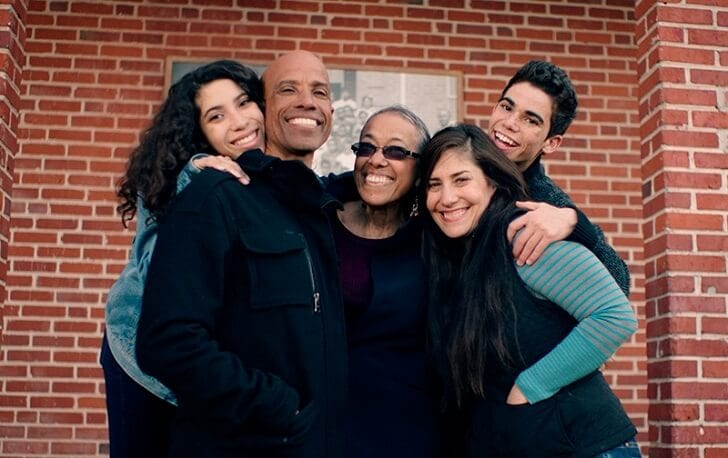Celebrity deaths are always mourned by fans and young actor Cameron Boyce’s recent passing is no exception. But aside from his untimely demise, the cause of it has also been a topic of interest.
Tragic Passing

According to Business Insider, Boyce passed away in early July. The cause was reportedly confirmed by a coroner, who identified epilepsy as the main culprit. Apparently, he died after suffering from an epilepsy-related seizure in his sleep. The actor was just 20 years old at the time of his death.
Following his death, the Boyce family announced the creation of ‘The Cameron Boyce Foundation’ as a way to honor his legacy. The organization will focus on giving the youth creative and artistic outlets as alternatives to negativity and violence. Boyce’s father, Victor, also clarified that the donations would be going to charities Boyce was passionate about when he was alive and not the family.
Common Brain Condition

According to sources, epilepsy is actually a common illness that 1 in 26 people will develop as they go through their lives.
In fact, it’s even estimated that around 3.4 million people in America have epilepsy with millions more having a history with it, according to data from the Centers for Disease Control and Prevention.
However, it’s worth noting that it doesn’t really pertain to just a single sickness. It’s defined as the occurrence of unprovoked and recurrent seizures that can’t be caused or explained by things like low blood sugar or alcohol withdrawal.
Sufferers of the chronic brain disorder typically deal with seizures as well as other health problems. However, a small risk of death is still associated with it. According to Dr. Kathryn Davis, a director at the Epilepsy Monitoring Unit of the University of Pennsylvania, instances like Boyce’s tragic death can happen even to those who have control over their epilepsy.
Fatal Complications

This risk of death often comes in the form of sudden unexpected death in epilepsy (SUDEP), a phenomenon which is believed to kill 1 in 1,000 people suffering from epilepsy every year. Dr. Davis compares SUDEP to sudden infant death syndrome because of their similar unpredictable nature. It’s also worth noting that both typically happen at night when the sufferer is asleep.
Medical experts speculate that SUDEP may be caused by the effects of epileptic seizures on a person’s ability to breathe and heart rhythm. What more, epileptics who were diagnosed at a young age or are prone to violent seizures are found to have a higher risk of SUDEP.
Meanwhile, the tragic phenomenon can be avoided with the help of consultations with medical professionals as well as staying away from possible triggers like alcohol. Still, research about the topic and the illness are ongoing.




